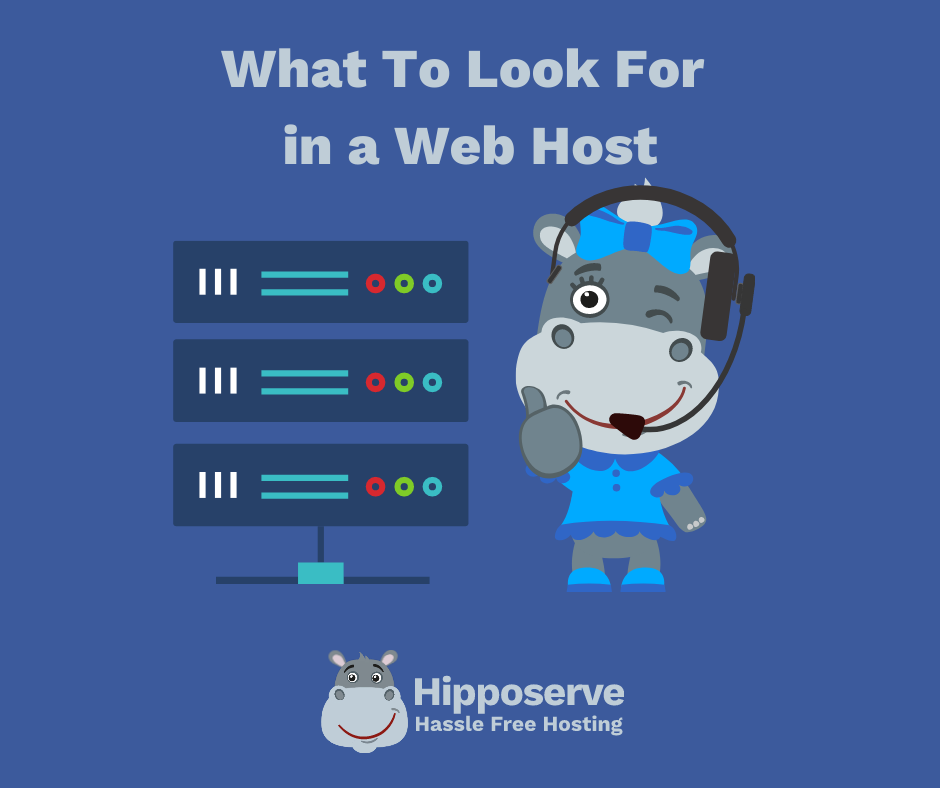Choosing the Correct Web Hosting For Your Business Website
You have just secured the budget for your brand-new business website. You have loads of ideas of how you want it to look and feel and are busy researching designers to translate those ideas into reality. Even if you have a smaller budget, and plan on building your first website yourself, the majority of your time looking at design platforms and templates.
The last thing anyone considers is their web hosting. How do you choose the right plan for you?
Always like to think of your online presence as a car. With the website being everything you see, such as the trim, body design and interior and the hosting being the engine that gives the website its oomph!
You wouldn’t invest money in a top of the range sports car and then only opt to put a small one litre engine inside. It would struggle to perform.
The same is true for your website. Building an “all singing, all dancing” online extravaganza, and hosting it on a £2.99 a month starter plan, will definitely not do your digital investment justice. In fact, it could store up all sorts of problems as your user base grows, with sluggish performance, and even website downtime.
Even if your designer, or developer includes hosting in their management costs, always check that the hosting is up to standard, and they are not utilizing a cheaper plan to maximize profit.
The Perfect Plan
Take a visit to any web host’s website, and you will be confronted by a range of different plans, all listing loads of different technical features including amount of disk space and bandwidth, processors and memory. This is all great, but what does it mean?
How much disk space is enough for a website, for example? A typical WordPress installation is between 0.5 and 1 GB in size so unless you are thinking about hosting loads of video, a hosting plan offering 120 GB, is serious overkill!
The key here is to perhaps schedule a call to the hosting company to get open and honest advice about what plan is suitable for your needs. This is where the smaller hosting companies are much better than the bigger boys, who have big call centres, with even bigger sales targets.
Smaller companies are much more attuned to the needs of their customers, without the aggressive upselling tactics of larger organizations.
A smaller company will be able to assess your needs personally, and explain the different types of services that they offer, allowing you to make an informed decision about what is best for you.
Hosting that Can Grow With You
Over time, your business will grow and with it your website traffic. When you start off, you will probably opt for a smaller package with a view to growing later. It is therefore important to select a hosting company that can accommodate that growth. Once again, this is a forte of the smaller web hosts. They have dedicated teams whose job it is to help migrate hosting plans, seamlessly, from one level to another. Once again, in a larger organization, the technical support during the process can be frustrating and limiting. In our organization, we often deal with customers looking to upgrade their hosting solutions, after an unsatisfactory experience elsewhere.
If you are a small organization, you may start off on a shared hosting plan. This is where you share resources with other website owners on the same server. The premise here is that in most cases, a small website only actually uses the server for a very small amount of time (milliseconds per visitor). By sharing the server resources, you can lower your hosting costs, without any discernible effect on your website’s performance.
As your site grows, and you get more visitors, you may notice it begin to slow down as it starts to use all the shared resources available to it. When this starts to happen, it may be time to upgrade to a more dedicated hosted solution. Your web hosting company may even contact you to warn you this is beginning to happen, and that your website performance is being throttled. In order to prevent, is using up all the resources that are available to all the customers on the server.
Once again, this is a great time for communication with your web host. There are many solutions available for a growing website. Dedicated solutions are more complex to administer, so it is important to have a web host with a good support structure in place.
You don’t have to jump straight in with your own dedicated hardware server, which will be expensive to run and in most cases unnecessary. There are many “half way houses”, such as virtual private servers and cloud solutions, that offer many of the advantages of dedicated servers without the cost and complexities. Your web host should be able to advise you on what is best for your needs.
Don’t Forget Email
Email, whilst being the lifeblood of many businesses, is often overlooked when considering web hosting. Take care when a host offers completely free email solutions, especially for business purposes. If you are on a shared server, these email solutions are also shared. They use your web bandwidth, resources, and your website disk space. They typically share an outgoing IP address with other users, which means that if one user on the server, suddenly starts sending out unscrupulous emails, the IP address could be blacklisted. This could result in all your important email ending up in the spam folders of your customers!
Many web hosts are abandoning completely free email for this reason. Instead, they may offer you incentives, such as free email for a year, on their business email platforms. These guarantee clean IP addresses, have much better spam performance (you can never eliminate it completely) and usually have nice big mail boxes and other business email features, such as collaboration tools.
Management Options
Websites are now much more significant to how a business functions. During the pandemic, many businesses have shifted much of their operations online. The concern here, is if a website goes down, even just for a few hours – the business also goes down during this time.
What backup solutions are available should something go wrong with your website?
In addition to this, how else can your web host help you manage your website? You don’t want the hassle of having to keep any plugins updated, manage the security and monitor its performance.
Finally, what support is on offer when things don’t go according to plan?. Online services are still very technical. You need a web host who deals with this side of thing for you, and understands how important your website is for you. Talk to your web host about the management services that they can offer you to ensure that your websites are backed up, optimized and secure.
Conclusions
Web hosting is still a very technical industry. My fear is that many hosting companies hide behind that, in order to upsell and oversell products that you may not even need. Your web host is now a very significant cog in your online presence, and as such as an industry, I believe we have a responsibility to be fair and transparent in the services and the support that we offer.
There are many fantastic smaller hosting companies out there who are absolutely dedicated to the needs of individual businesses, offering a bespoke and personal service. In the long term, they may even be cheaper than the bigger companies. True they may not be able to offer the “lost leader”, 1st year prices that the ‘big boys’ can offer, but look beyond that. Calculate the 3-year cost – you may be surprised!











